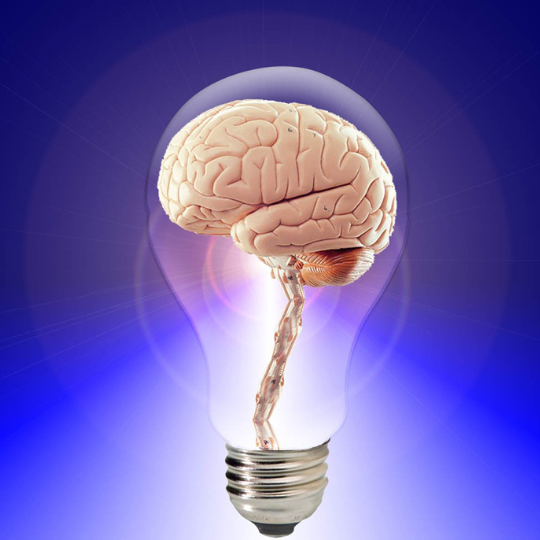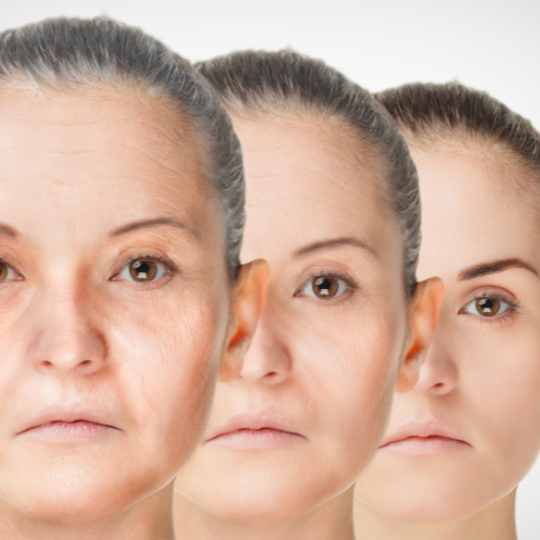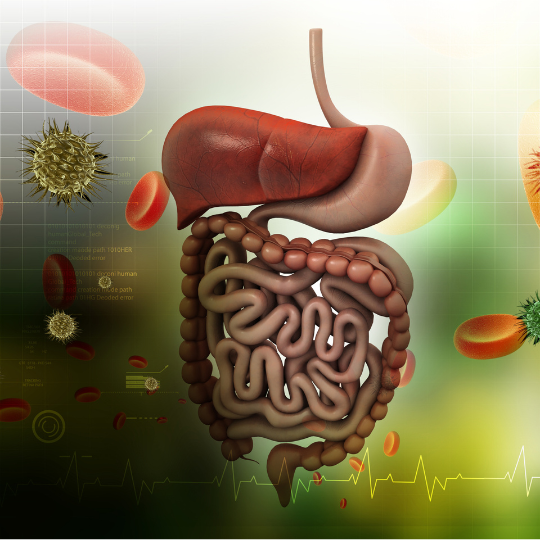Two ends of the spectrum come as one
Bipolar disorder, also known as manic-depressive illness, is a brain disorder that causes unusual shifts in mood, energy, and activity levels. It is a serious mental illness that affects approximately 2.8% of the adult population in the United States and up to 1% of worldwide population.

There are two types of bipolar disorder: Bipolar I and Bipolar II. Bipolar I disorder is characterized by manic episodes that last at least seven days, or by manic symptoms that are so severe that hospitalization is required. These manic episodes are often accompanied by symptoms of depression. Bipolar II disorder is characterized by a pattern of depressive episodes and hypomanic episodes, but the manic episodes do not reach the level of severity seen in Bipolar I. Both Bipolar I and II are in the top 10 conditions in terms of global burden of disease score; this is a measure of the normal life trajectory lost due to disease conditions.
One thing worth mentioning is that there is a roughly 85% degree of bipolar disorder inheritability and genetic determination is higher (between 40% and 70%) than in the case of depression alone (20-45%). However, at 10-17%, depression is more prevalent worldwide.
Bipolar mechanism & genetic triggers
During a manic episode, individuals with bipolar disorder may experience feelings of euphoria, increased energy, and reduced need for sleep. They may also engage in risky or impulsive behaviors such as reckless spending or promiscuity. On the other hand, during a depressive episode, individuals may experience feelings of sadness, hopelessness, and a lack of energy and may also have difficulty with daily activities such as work or school, and may experience changes in appetite and sleep patterns.

There is evidence to suggest that bipolar disorder is associated with dysregulation in the connectivity of the parietal and limbic systems in the brain. The parietal lobe is responsible for processing sensory information and the limbic system is involved in emotion and motivation. Disruptions in the communication between these systems may contribute to the mood swings seen in bipolar disorder.
While the exact cause of bipolar disorder is not known, it is believed to be a combination of genetic and environmental factors, with the genetic component weighing heavily as mentioned above. However, stress, substance abuse, and certain medications have been identified as potential important environmental triggers for bipolar disorder.
In terms of genetic predispositions, several single nucleotide polymorphisms (SNPs) have been identified as potential risk factors for bipolar disorder:
- one example is the rs1006737 SNP in the CACNA1C gene
- another example is the rs1344706 SNP in the ZNF804A gene, which has been associated with a host of psychotic conditions ranging from bipolar disorder, major depression and even schizophrenia.
Moving towards the middle of the spectrum
To address these genetic predispositions, several science-backed behavioral tools and interventions can be utilized. For example, light therapy has been shown to be effective in regulating mood in individuals with bipolar disorder, whereas regular exercise has been found to be helpful in managing symptoms. Nutrition-wise, our regular omega-3 fatty acids from fatty fish, flaxseeds, and walnuts may also be helpful in managing symptoms of bipolar disorder. It is important to note, however, that more research is needed in this area.

There are also a number of supplements that have been studied for their potential in managing symptoms of bipolar disorder:
- for example, vitamin D supplements have been shown to be effective in reducing the risk of developing manic symptoms
- lithium is also a common supplement used in the treatment of bipolar disorder. It is a mood stabilizer that can help to prevent manic episodes and reduce the frequency and severity of mood swings. Lithium has been shown to be effective in reducing the risk of suicide in individuals with bipolar disorder (20-30% higher suicide risk) and may also have neuroprotective effects.
Side note: while lithium can be effective in managing symptoms of bipolar disorder, it is important to note that it can also have significant side effects. These may include tremors, weight gain, and an increased risk of thyroid and kidney problems. It is important for individuals taking lithium to have regular blood tests to monitor for these potential side effects.
So don’t be quick to act on advice you find online. Read, get informed, but then seek guidance from a certified professional that can recommend proper approaches depending on the severity of the situation and watch out for you or a loved one that is experiencing symptoms of bipolar disorder. Get in touch and we can refer you within our network of specialists for proper advice.













